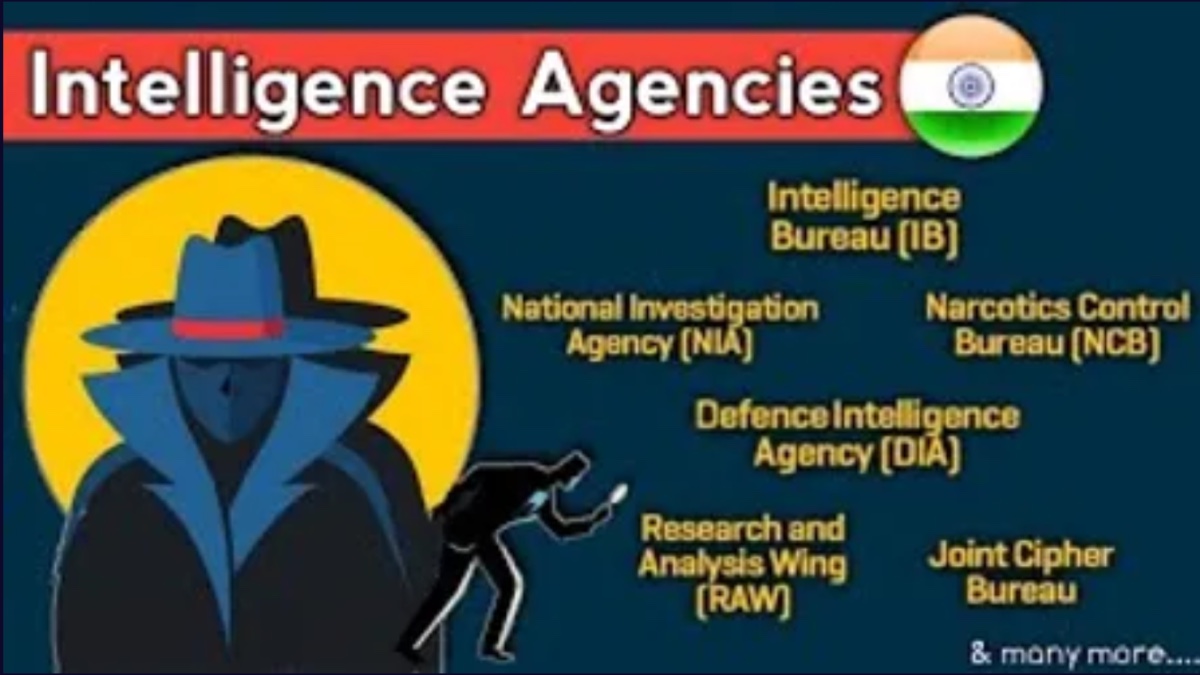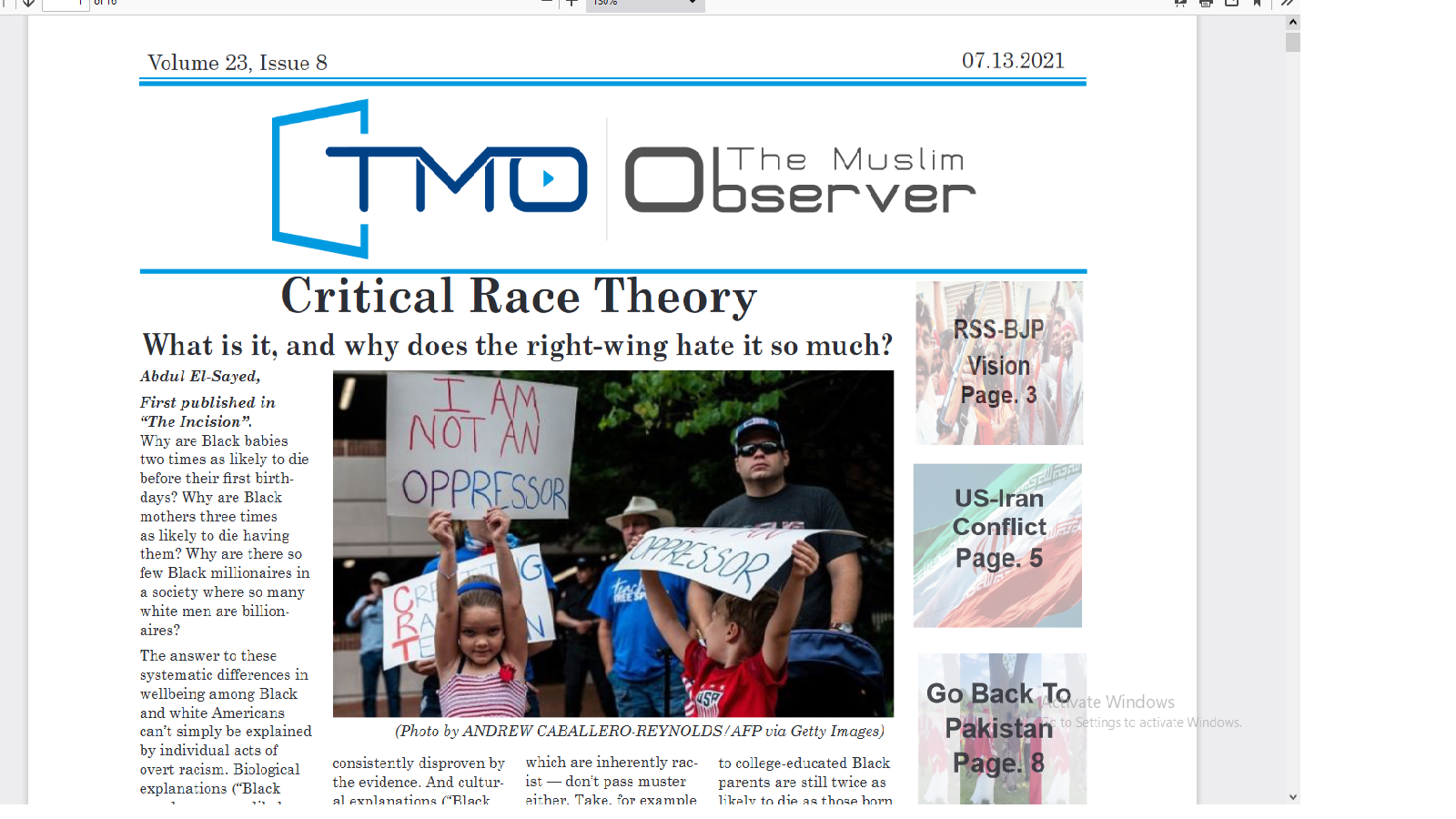Inter-Rebel Clashes Reported In Syria
By Abdulla Tarabishy
The world media have been reporting widespread clashes between ISIS, and a coalition of rebel groups opposed to the Al-Qaeda affiliated organization.
These clashes mark yet another turning point in the Syrian conflict. The rebels have, thus far, sustained a fragile coexistence that has been tested many times in the past several years with the assassinations of several Free Syrian Army (FSA) commanders, as well as ISIS’ well-documented history of human rights abuses.
Clashes between the rebels have occurred many times before, but never on the large scale at which they are occurring now. Tensions have been mounting between ISIS and the other rebels since the organization was formed in March of 2013. In that month, the Islamic State of Iraq (ISI) announced a merger with The Nusra Front, a status that Al-Nusra has not recognized. Al-Nusra previously had close ties to Al-Qaeda, but it resisted a formal merger. Nevertheless, the Islamic State of Iraq became the Islamic State of Iraq and ‘Sham’ (The word ‘Sham’ refers to the Levant), or ISIS.
ISIS is largely made up of foreign rebels, who also make up a disproportionate number of its leadership. Some fighters come from Iraq, but many come from as far away as Libya or Kazakhstan. Consequently, the organization sees the fight in Syria as part of a larger struggle to establish its own twisted form of Islamic law.
The combination of these traits creates resentment toward ISIS among the other rebel organizations, which are largely made up of native Syrians. However, several events set the stage for this resentment to turn into outright warfare.
One such event was the formation, in November, of an ‘Islamic Front’; in essence the merging of several moderate Islamist rebel groups. The existence of this conglomerate organization made it far easier for these rebel groups to take a unified stance against ISIS. In fact, this week the Islamic Front issued a warning to ISIS, announcing that, “In our charter…we said we are grateful and thankful to the foreigners who came to help us.†They then added that, “we will not accept any group that claims to be a state.â€
The Islamic Front, along with the FSA, has been furiously fighting against ISIS in the north, with the ultimate goal of expelling it from Syria. ISIS has sustained several losses over the past week, and it has even threatened to pull out of the fight against the Assad regime unless the attacks against it stop.
In a sign of its desperation, ISIS has attempted to stir up trouble in neighboring Iraq. The takeover of Fallujah, which made headlines over the weekend, was a way for ISIS to remain relevant. However, if all of the other rebel groups in Syria remain against it, then ISIS’ strength will quickly be broken. In fact, even The Nusra Front, previously attempting to remain neutral, has joined the fight against ISIS.
In the short term, the biggest victor of this turmoil will be the Assad regime. Instead of focusing on fighting the regime, the rebels now have to fight one another. Thus the regime will look to make gains, and with the rebels in such disarray, the regime will succeed in gaining some territory.
However, in the long term, the FSA and Islamic Front will be strengthened. ISIS was (and still is) a destabilizing and divisive force among the rebel groups. It continually refused to cooperate with the overall rebel strategy, and often took territory from other anti-regime forces.
Perhaps these clashes will also further distance the mainstream rebel force from Al-Qaeda, thus paving the way for future American aid. However, while at this point the FSA is no longer expecting the US to provide it with any substantial aid, the possibility is now more open than ever before.
Possibly the most important thing that these clashes have shown, however, is the fragility of the Middle East. The clashes occurring in Syria had powerful repercussions in Iraq.
Both Iran and the US (an unlikely combination) offered support to the Iraqi government to help combat ISIS, and Americans, recalling the destructive battles in Fallujah a decade earlier, were reminded of a war that taught Americans how ugly Middle Eastern conflicts could be. These far-reaching consequences of what happens in Syria are what makes the conflict so dangerous to the region, and reemphasize the importance of resolving this civil war once and for all.
16-3














2014
889 views
views
0
comments